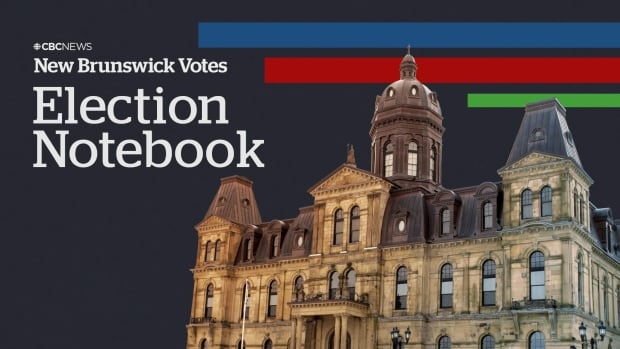
Liberals promise 3 per cent rent cap if elected
CBC
Liberal Leader Susan Holt promised a three per cent rent cap as the first full week of campaigning for the Oct. 21 New Brunswick election got underway Monday.
New Brunswick does not have a hard cap on annual rent increases, as other provinces do. The Blaine Higgs government implemented a one-year 3.8 per cent cap in 2022, but that ended in 2023.
Other measures were put in place instead, including a rent bank that was launched in December and an option for some rent increases to be phased-in if exceeding the rate of 4.7 per cent.
Holt said the legislation would be introduced immediately so tenants would be able to benefit from the rent cap beginning in 2025.
As well, she said, her party is committed to a comprehensive update to the Residential Tenancies Act
"We have to look seriously at renovictions because many New Brunswickers have found themselves without a place to live," she said during the announcement.
"As landlords look to improve and increase the stock and the value of their properties, we need to make sure that we have a predictable and stable housing market in New Brunswick and that New Brunswickers have the ability to pay for a roof over their heads."
Holt said the rent cap would be reviewed yearly based on inflation and vacancy rates.
In an announcement in Saint John on Monday, PC Leader Blaine Higgs said his party would expand the scope of practice of nurse practitioners, registered nurses, registered psychiatric nurses, paramedics and pharmacists.
"Health-care professionals undergo significant training, regardless of which specific profession they pursue," Higgs said in Saint John.
"But as things currently stand, we believe there is untapped potential within the health-care professionals who are already here and who aren't using the full scope of their training."
The cost of this would be $24.8 million, according to a party news release, which says the budgeted amount would allow for a 10 per cent increase in patients seeing a medical professional.
Higgs said a PC government would work with health-care professionals to see what services they could provide to improve quality of care. One of these changes could be cutting the regulations that prevent nurse practitioners from practicing independently., he said.
Another example, said Higgs, could be allowing registered nurses to prescribe some medications.





















 Run 3 Space | Play Space Running Game
Run 3 Space | Play Space Running Game Traffic Jam 3D | Online Racing Game
Traffic Jam 3D | Online Racing Game Duck Hunt | Play Old Classic Game
Duck Hunt | Play Old Classic Game











